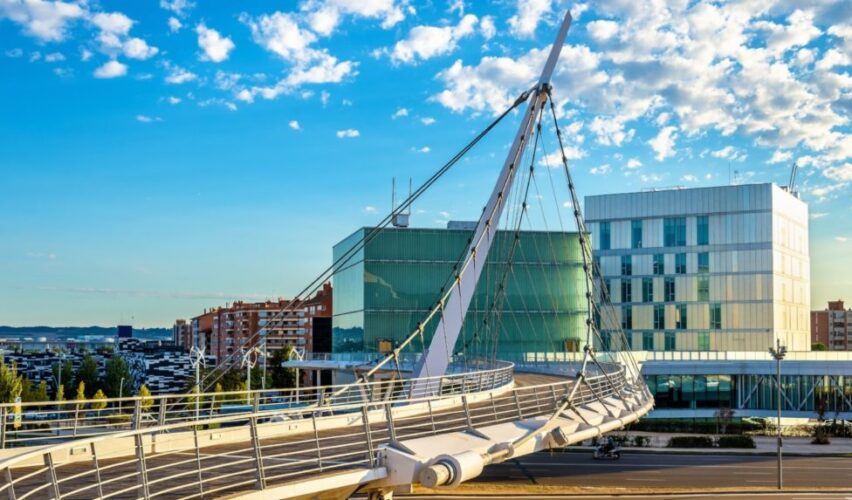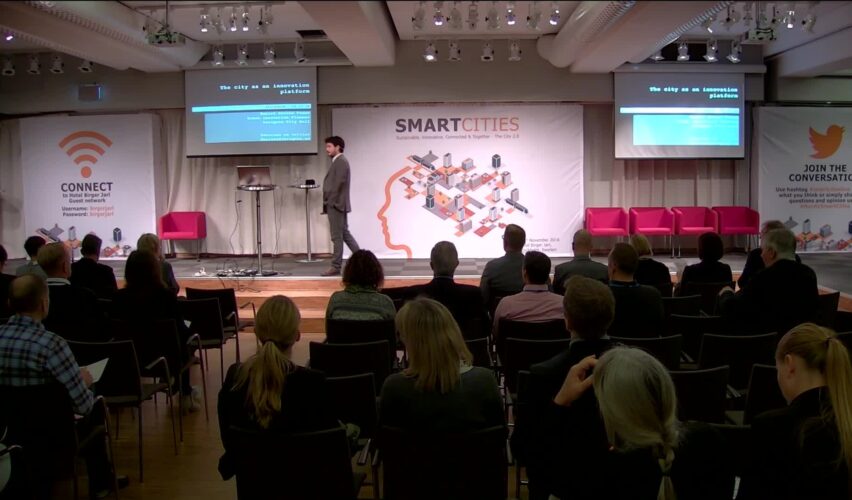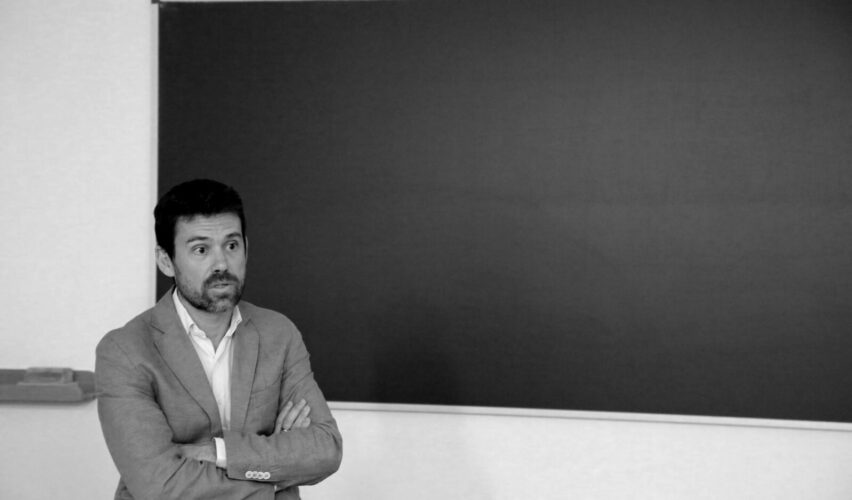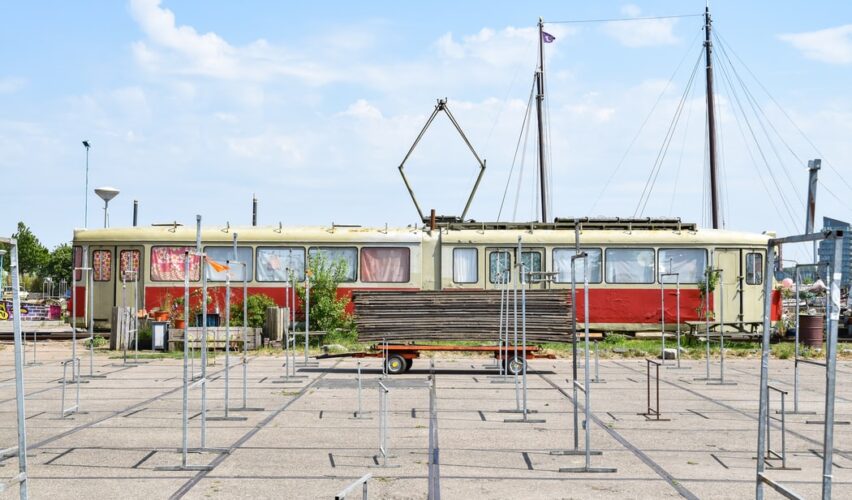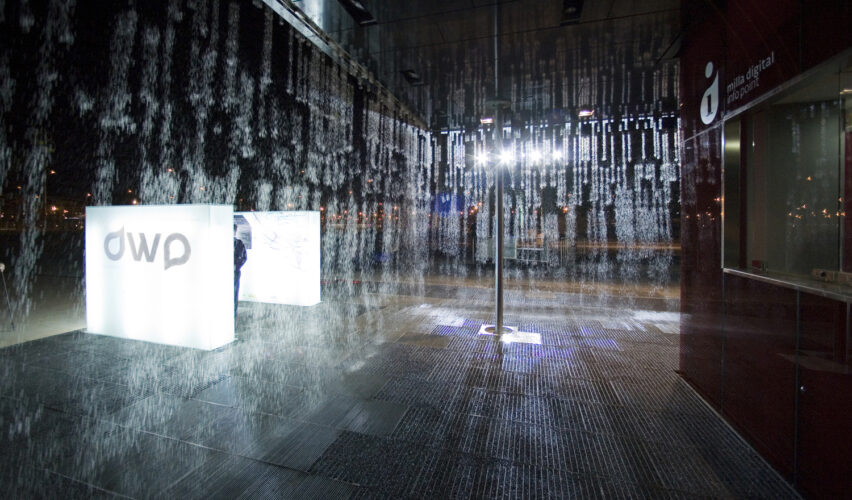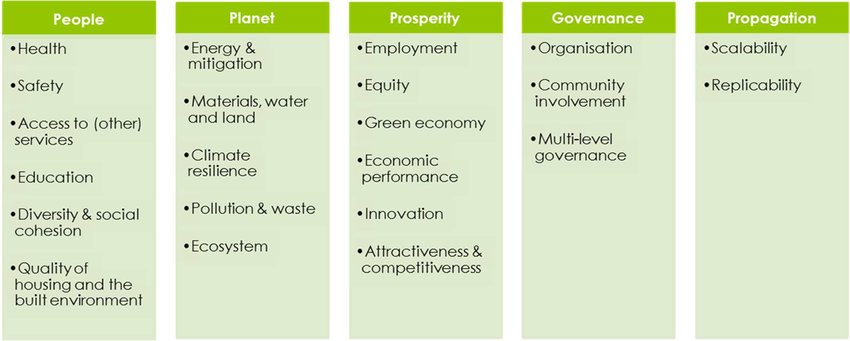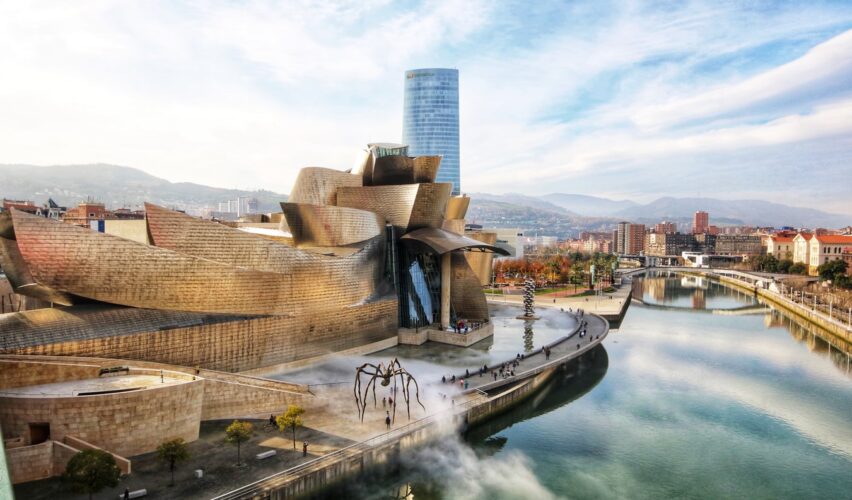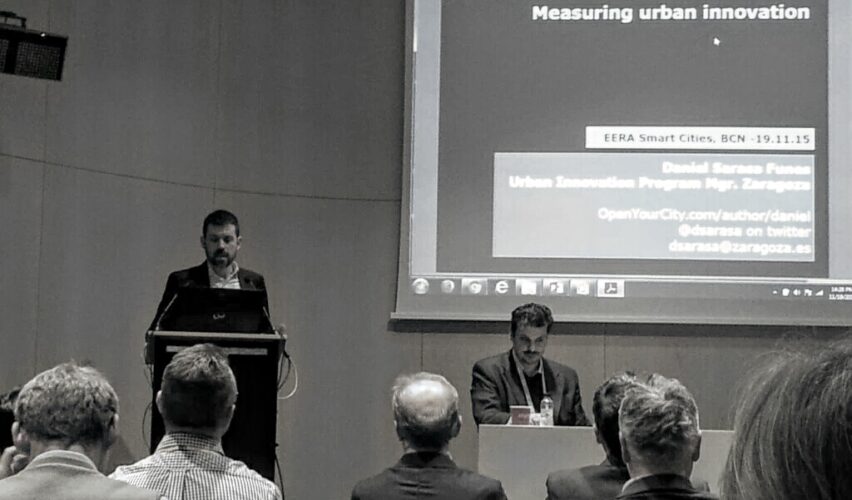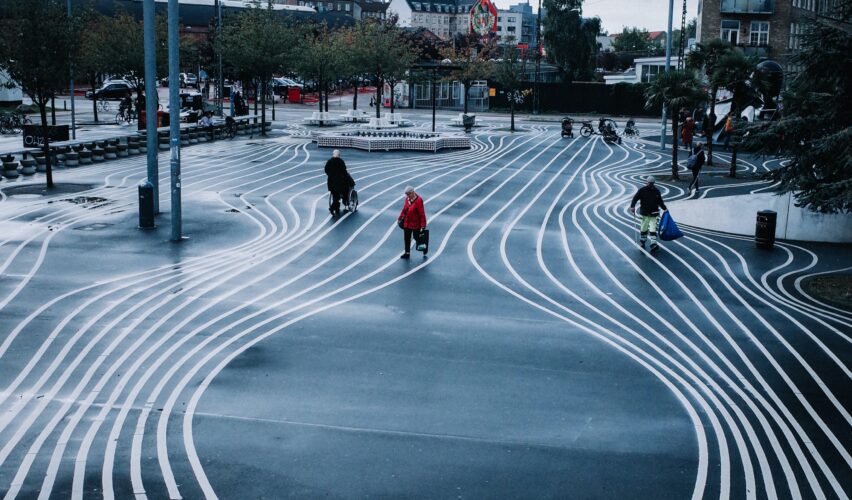Zaragoza Smart City: Sourcing the Code to Citizen Co-Creation
Zaragoza is a city with a long tradition of citizen activism, governed by the left over 29 of the 37 years of Spanish democracy. This has left a deep footprint in the form of an intricate network of civic associations and community centers and has sculpted a “let’s just do it” culture when, mixed with a university population of 35,000 students, many of them pursuing technical degrees, forms a perfect broth for an open source model of a smart city.
Smart innovation through active citizen participation
Daniel Sarasa’s interview for Nordic Smart Cities about smart innovation, whose original content can be found here. If people are given the power to decide and be part of the decision-making process, their mark is felt all around. The city of Zaragoza manages not only to aim for active citizen participation, but to actually...
Cities as innovation platforms
Before becoming a professor, Daniel Sarasa (born 1972) was a student at MCS, so he can give us both perspectives about the master’s degree. He is Smart City Program Manager at Zaragoza City Hall and co-author of “Zaragozá’s Open Government Strategy 2012-2015. Towards a Smart Citizenship”. Moreover, he is co-editor and co-founder of openyourcity.com.
At CCW. Turning critical infrastructures into citizen-centric platforms
We were pleased to participate in the last Critical Communications World event, held in Amsterdam on June 2nd, 2016 and to answer CCW Event Director Emma Banymandhub’s questions. Here is the full interview For the third instalment of our Critical Communications World “A Day in the Life of” series, CCW Event Director Emma...
Smart lighting, public space and urban innovation
The Italian magazine “Luce et Design” interviewed us for its April 2016 number. We talked about topics such as urban innovation strategies, smart lighting, digital art, public space and… refugees.
Smart City KPIs and Open Data
CityKeys not only represents one of the most serious attempts to collect Key Performance Indicators (KPIs) about smart cities so far, but also intends to provide a baseline for international recommendations on the subject and an additional tool for project decision making within cities. Open data is a key component of the project
Sharing big data to deploy smart energy services
On Jan, 29th 2015 we spoke at the “Smart energy UK & Europe Summit” in London, where we had the chance to discuss and develop the idea of advancing towards a “data sharing economy”. What we were presenting, basically, is how a new kind of organizational relationship between urban players could eventually lead both to …...
The art of city making. Charles Landry
“The art of city making”, by Charles Landry, is a brilliant attempt to understand cities with the declared and simple objective of making them better. In its pages, the reader should not expect to find a step-by-step recipe of how to make cities from scratch, but a detailed narrative of how cities can be permanently reconfigured to find its unique spot while keeping its essence.
Measuring urban innovation
A KPI is not just an indicator, it is a Key Performance Indicator. Keys open doors, as answers do. Before taking out another KPI, think about the importance of the question that your KPI will unveil.
Presenting Citykeys in Copenhagen: towards a unified city performance metrics
We can make significant progress in KPIs definition, while avoiding endless (and pointless) discussions about the controversial and wasted smart city concept. City performance indicators should not provide a fixed picture of a city, but rather reflect and acknowledge its progress and direction

